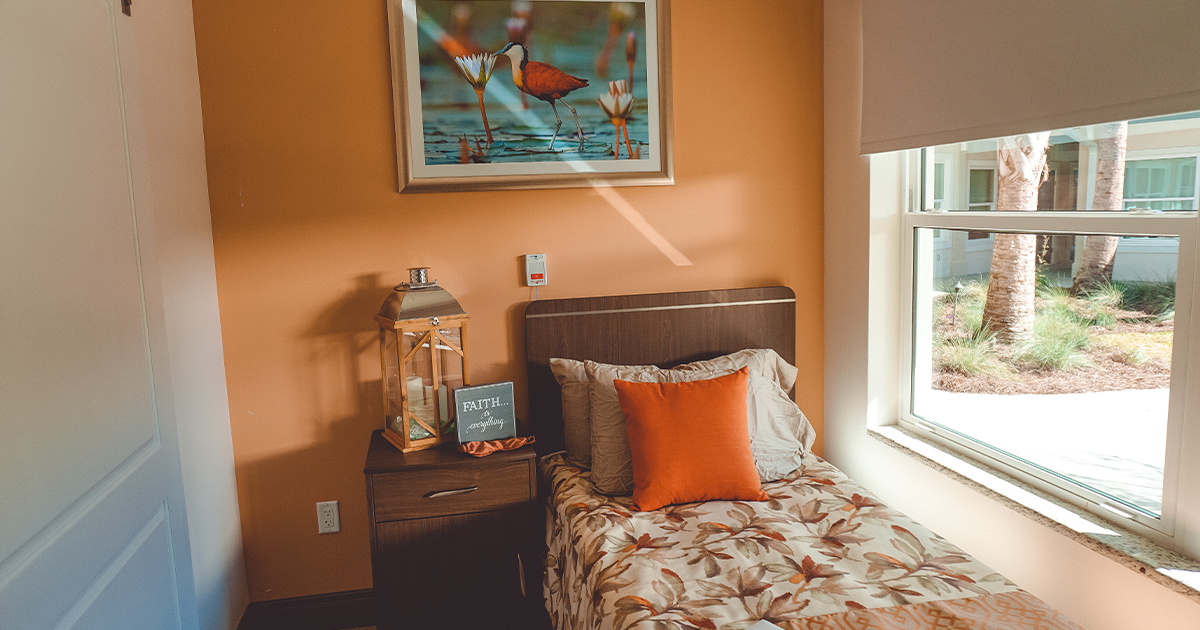When restful sleep evades someone, being tired during the day can be the least of their problems. But poor sleep habits in old age can also impair blood pressure and inhibit metabolic function, increasing the risk of cardiovascular issues. For seniors, inadequate sleep can impact mood, memory, and focus, which can adversely affect intellectual and physical capability. Getting enough sleep is critical for maintaining a positive quality of life; therefore, any effort to promote healthy aging must include ways to improve sleep quality.
Restful Sleep and the Aging Process
As we age, many changes occur – in our bodies, daily routines, and sleep habits. Older adults typically sleep less than the younger generations.
One of the issues influencing seniors’ sleep is that they tend to live a more sedentary lifestyle. Being less active means not feeling as tired by the end of the day (and also provides the opportunity to take more naps.) While individual lifestyles dictate the need for sleep, it usually ranges between 7 and 8 hours daily.
Contrary to popular belief, experts tell us that waking up tired every day and dealing with insomnia is not a normal part of aging. Sleep is just as vital to physical and emotional well-being as it was in younger days. Resolving sleep disorders may include pharmaceutical treatments, psychological methods, and adapting sleep habits, among others. The treatment of insomnia often includes alleviating the root cause of the disorder, resulting in the improvement of symptoms. Therefore, seeking the necessary medical advice to monitor and regulate sleep patterns at any age is essential. If someone suffers from chronic pain and serious medical conditions (such as needing to empty the bladder frequently), a whole night of sleep can be more challenging. The presence of depression is also associated with difficulty sleeping, so receiving mental health counseling may also help with sleeping disorders.
Did You Know? Sleeping in a quiet location is key, but other factors influence the ability to fall asleep. The room shouldn’t be too hot or too cold and should be dark and free of any illumination. Some other ways to promote restful sleep may include the following:
- Avoid watching television, eating, or reading in bed. Train your brain to associate the room with sleeping alone.
- Go to bed and arise at the same time every day, even on weekends or days with no plans.
- Establish relaxing habits or rituals before going to bed.
- Engage in exercise at set times during the day, but avoid any activity for 3 hours before going to bed.
- Take outdoor walks, sunbathe, and get plenty of sunlight.
- Avoid naps longer than 25-30 minutes.
- Do not eat large, filling dinners – or go to bed on an empty stomach.
- Establish a bedtime at least 2 hours after eating dinner.
- Drinking warm milk can promote feelings of drowsiness.
- The body produces melatonin, a hormone that encourages sleep – but only if there is no light in the bedroom. This even includes nightstand clocks, which should be kept out of sight in the evenings.
- Stimulants like caffeine should be avoided afternoon. In general, abstaining from alcohol is best.
Getting enough restful sleep should be part of a senior’s plan for optimum health, but many other factors also contribute to overall well-being. Socialization is essential, and assisted living is a wonderful way to make new friends and enjoy an active lifestyle. If you’d like to learn more, schedule your tour of A Banyan Residence today.

